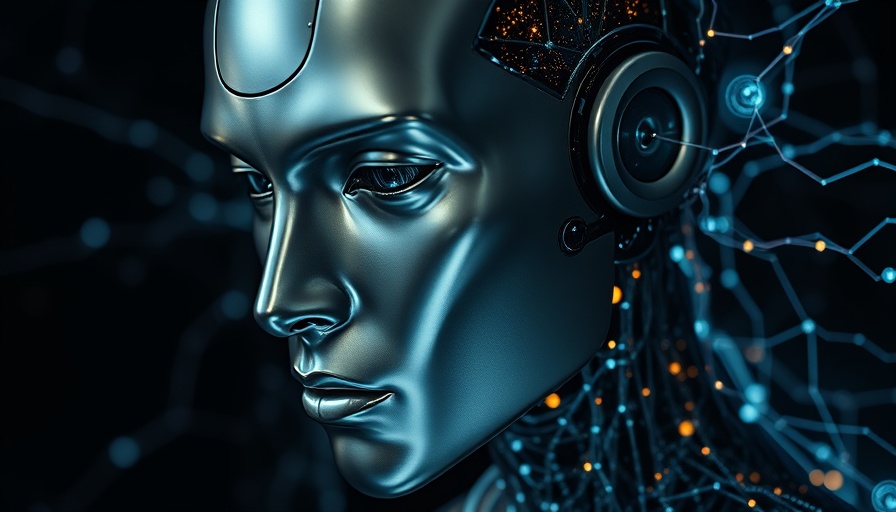
Why AI Consciousness is a Crucial Debate
The recent dialogue sparked by Mustafa Suleyman regarding the nature of AI consciousness brings into focus a significant and timely discussion about the definitions and boundaries of artificial intelligence. As scholars and technologists explore the implications of AI that appears to possess consciousness, critical questions about societal responsibilities and ethical frameworks arise. For instance, can we truly label an AI as conscious if it merely simulates understanding versus possessing self-awareness? This distinction is vital, as it influences how we structure our legal and ethical responses to AI systems.
Understanding the Impacts of AI on Society
The emergence of seemingly conscious AI challenges our traditional understandings of intelligence and consciousness. As technology advances, particularly in urban centers where sociopolitical policies drive innovation, it is crucial to consider how these developments affect social systems. AI's role in education, governance, and even human rights is increasingly pivotal. It is transforming the workforce, potentially leading to job automation and facilitating social good initiatives. However, these changes must be met with rigorous scrutiny to prevent exacerbating inequalities.
AI Development At a Crossroads: Ethics and Responsibility
As we delve deeper into the era of AI, the ethical implications become more pronounced. Policymakers and technologists must work collaboratively to establish frameworks that not only govern AI development and deployment but also promote a socially equitable distribution of benefits. There exists a growing need for regulations that tackle AI's societal challenges, ensuring AI technologies serve as tools for social change rather than perpetuating existing disparities.
Future Trends: Navigating the AI Landscape
Looking ahead, the integration of AI into everyday life necessitates a multidisciplinary approach combining insights from technology, sociology, and ethics. Future predictions highlight that AI will significantly shape global responses to pressing issues like inequality and access to resources. Encouraging responsible AI usage, particularly among policymakers and social entrepreneurs, will be imperative for fostering a more inclusive society that leverages technology for the greater good.
 Add Row
Add Row  Add
Add 




Write A Comment